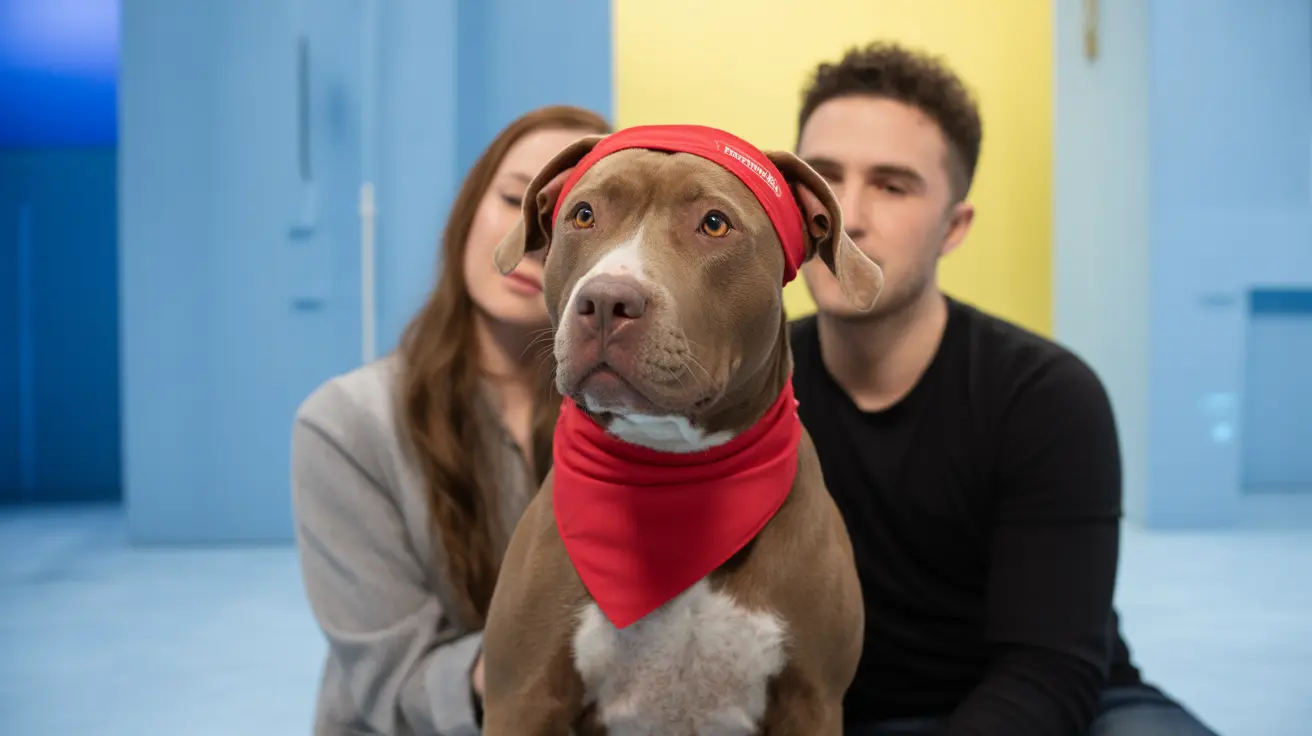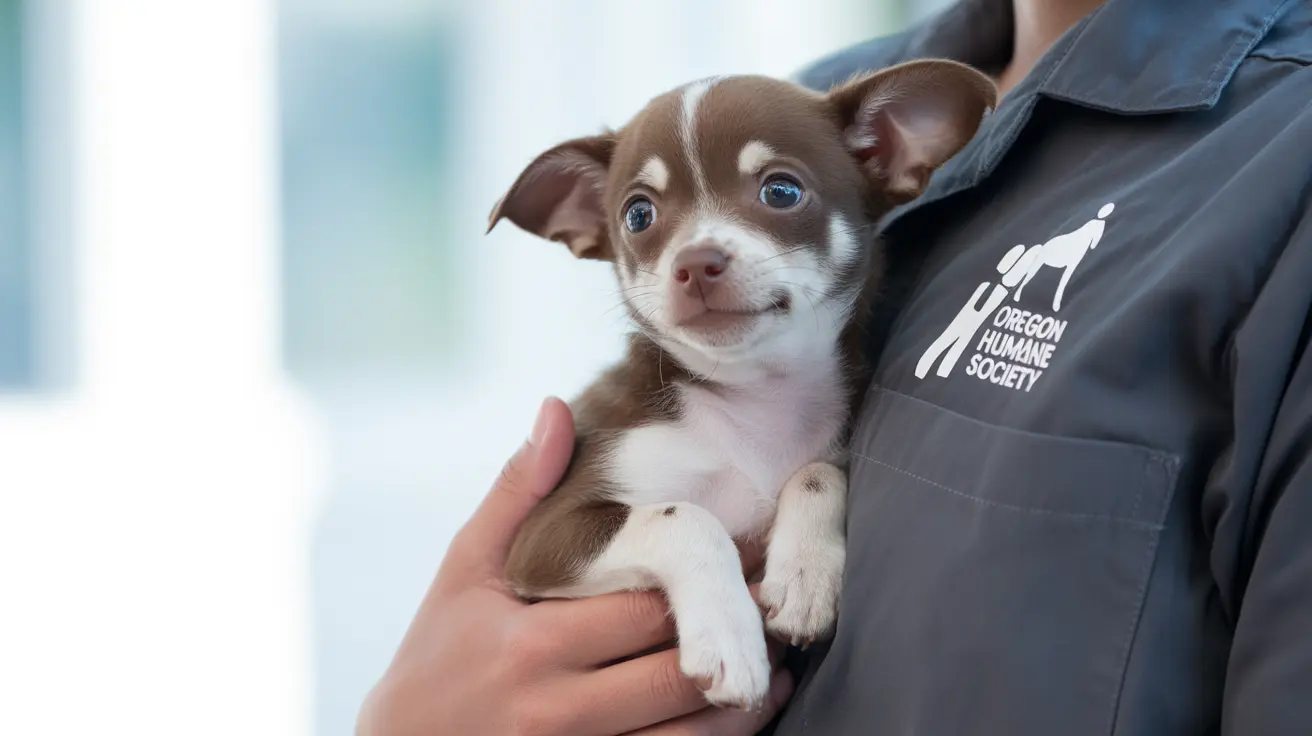As a pet owner, you might be tempted to share your favorite movie-time snack with your furry friend. However, when it comes to microwave popcorn, it's crucial to understand the potential risks and safety concerns for your dog's health. While plain popcorn can be safe in moderation, microwave popcorn presents several specific challenges and dangers for our canine companions.
The Dangers of Microwave Popcorn for Dogs
Microwave popcorn contains several potentially harmful ingredients that can affect your dog's health. The primary concerns include:
- Artificial butter flavoring containing diacetyl
- High sodium content
- Excessive fat from butter or oil
- Chemical compounds in the packaging (perfluorooctanoic acid)
These ingredients can lead to both immediate and long-term health issues for your dog, making it essential to keep microwave popcorn out of their reach.
Immediate Health Risks and Symptoms
If your dog consumes microwave popcorn, they might experience several immediate symptoms:
- Digestive upset and vomiting
- Excessive thirst due to high sodium content
- Diarrhea or constipation
- Lethargy or discomfort
In more severe cases, particularly with butter-flavored varieties, dogs might develop more serious conditions like pancreatitis, especially if they consume large quantities.
What to Do If Your Dog Eats Microwave Popcorn
If you discover your dog has eaten microwave popcorn, take these immediate steps:
- Remove any remaining popcorn from their reach
- Provide fresh water to help combat sodium intake
- Monitor their behavior and symptoms
- Contact your veterinarian if you notice concerning symptoms
Watch for signs of choking, especially with unpopped kernels. If your dog shows difficulty breathing, seek emergency veterinary care immediately.
Safe Popcorn Alternatives for Dogs
If you want to share popcorn with your dog, consider these safer options:
- Plain, air-popped popcorn (no butter or salt)
- Small portions as occasional treats
- Fully popped kernels only
- Fresh, room-temperature popcorn
Remember to limit treats to no more than 10% of your dog's daily caloric intake, even when offering safe alternatives.
Frequently Asked Questions
Can dogs eat microwave popcorn safely?
No, dogs should not eat microwave popcorn. The artificial flavorings, high fat content, and sodium levels can cause various health issues ranging from digestive problems to more serious conditions like pancreatitis.
How to safely give my dog plain popcorn without causing health issues?
Offer only plain, air-popped popcorn in small amounts. Remove all unpopped kernels, and avoid adding any butter, salt, or seasonings. Make sure the popcorn is fully cooled before sharing.
Why is buttered popcorn harmful to dogs?
Buttered popcorn contains excessive fat that can lead to obesity and pancreatitis in dogs. The artificial butter flavoring also contains chemicals that may be harmful, and the high sodium content can cause dehydration and other health issues.
What should I do if my dog accidentally eats microwave popcorn?
Monitor your dog for signs of distress, provide plenty of fresh water, and contact your veterinarian if you notice concerning symptoms like vomiting, diarrhea, or lethargy. Keep track of how much they consumed to report to your vet if needed.
Are there any health benefits from feeding plain air-popped popcorn to my dog?
Plain, air-popped popcorn contains some beneficial minerals like magnesium, manganese, phosphorous, and zinc. However, these benefits are minimal, and popcorn should only be given as an occasional treat, not as a regular part of their diet.
Remember, while sharing snacks with your dog can be tempting, it's always better to err on the side of caution and stick to dog-specific treats designed for their digestive system and nutritional needs.






